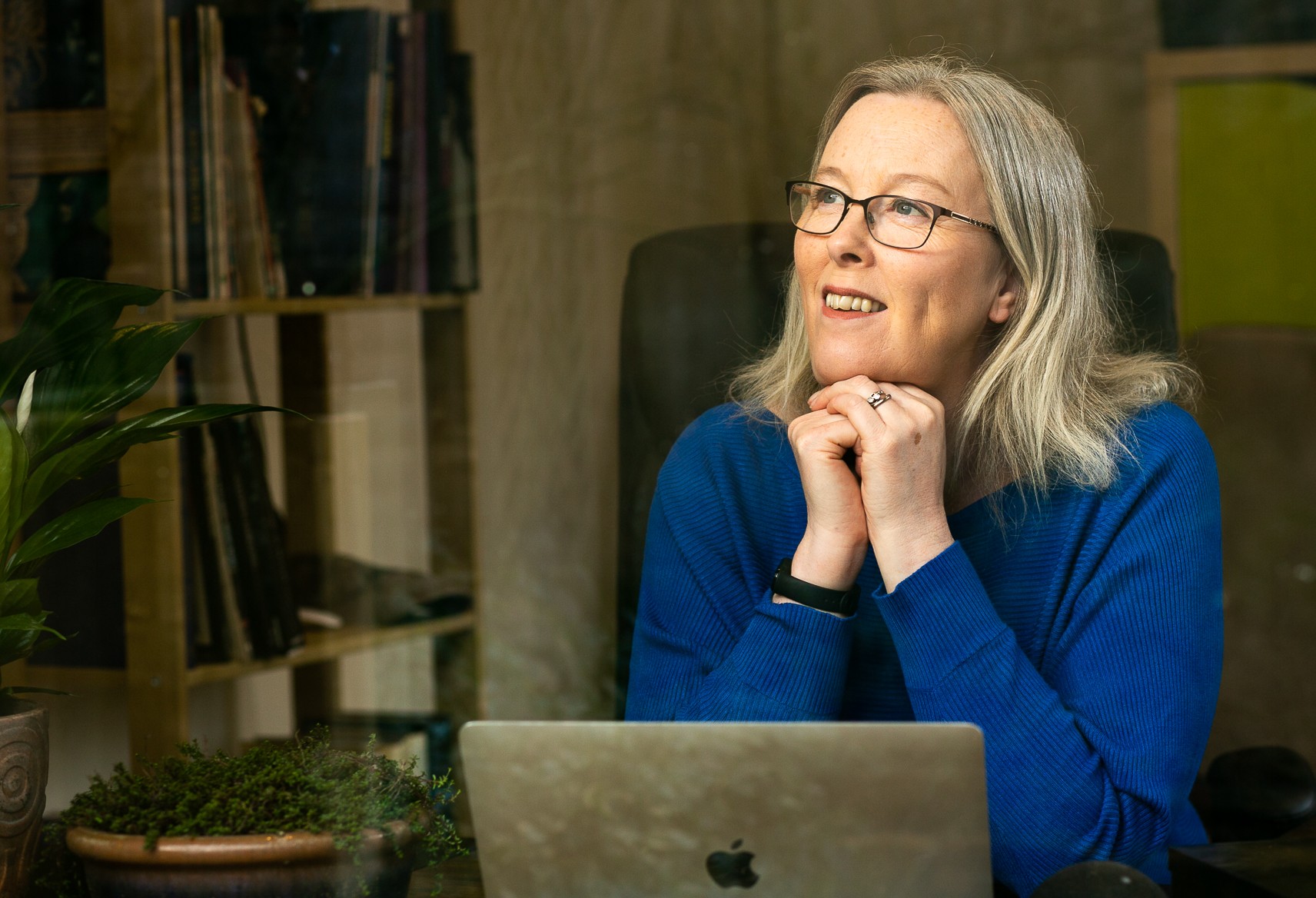Alright – so today we’ve got the honor of introducing you to Cat Wood. We think you’ll enjoy our conversation, we’ve shared it below.
Cat, so great to be with you and I think a lot of folks are going to benefit from hearing your story and lessons and wisdom. Imposter Syndrome is something that we know how words to describe, but it’s something that has held people back forever and so we’re really interested to hear about your story and how you overcame imposter syndrome.
Like many women and disabled people, imposter syndrome (IS) has been a running theme throughout my adult life. More recently, I have overcome IS by reframing it from ‘syndrome’, to ‘negative experiences that became my sense of self’. With this new-found perspective I found the power to let those experiences go.
As an undiagnosed autistic kid, I was socially inept and blunt. I would say something because it was ‘true’ and see horror or hurt on the other person’s face. I didn’t understand people and conversations and thought I was just an intrinsically bad person. Pre-teen, with rock-bottom self-esteem, I decided to learn how to human.
I read a ton of books over the next few years then found a course called Human Sciences I wanted to study. It was at Oxford. I was completely shocked when my high school said they wouldn’t support my application. Worse than this, they lowered my expected grades in an attempt to sabotage me.
Desperate to do the course, I bluntly instructed them to lift my grades and applied with no support.
I will always remember calling the college from a senior teacher’s office to find out if I was in. When I told him the good news he barely looked up. This response—in the midst of one of the most exciting moments of my life—was so confusing.
That October I moved to Oxford. I loved it, but it was tough. When I struggled with noisy lectures and a full-on schedule; my negative experiences started to hit home…
Maybe it was arrogant to think I could do well at Oxford? Maybe I was just a mean, undeserving person with ideas above my station?
For years after that I fed my self-esteem every possible bit of evidence of my awfulness. Every one of life’s hurdles reassured me I was a complete failure.
Then, in my 30s, when I was diagnosed autistic, things started to fall into place. I wasn’t bad, I just lacked communication skills. As I started to forgive myself, I realized those teachers weren’t trying to kill my dreams, they just thought a poor, awkward girl wouldn’t possibly thrive at Oxford. They were wrong, they should’ve done better, and it was on them not me.
These days, with a better understanding of IS, I can control whether I let other people’s bias hold me back. I almost feel like I’ve gone full circle, back to that brave, determined 17-year-old who said, “I’m doing it anyway”.
Let’s take a small detour – maybe you can share a bit about yourself before we dive back into some of the other questions we had for you?
As a web designer for coaches and speakers I enable female, mission-driven solopreneurs to bring their message to their ideal audience, connect with them and convert them to clients.
A lot of my clients began their businesses as side hustles or went solo after a bad experience or illness. They know what they do, they have a strong drive to help people, but they are not experts in how to sell themselves.
My job is to translate a bunch of ideas into the solution to their prospective clients’ problem. I tease out the unique value and create a design that builds an emotional connection with the reader.
I love my job and I consider myself extremely privileged to be able to do this for a living, around the needs of my disabled kids, away from the complex politics and relationships of an office. I get to write, design, and problem-solve with code. I meet inspiring people from all over the world and amplify their message for good.
Looking back, what do you think were the three qualities, skills, or areas of knowledge that were most impactful in your journey? What advice do you have for folks who are early in their journey in terms of how they can best develop or improve on these?
In my business, autism is my strength. Here are three reasons why:
1. Slow Information Processing
Even as a bright kid I was keenly aware that I took longer than other people to understand new ideas. However, once something clicked, I had a deep and lasting understanding.
More recently I’ve found out that autistic brains are less well ‘pruned’ than neurotypical brains (Google it!). More neural connections mean we take longer to process information because our processors are bigger and more complex. This is why I dedicate time to gathering information at the start of the web design process.
How does this help? It means I can’t start building a website until I’m ready. I can’t rush or take shortcuts. It means my work is always high quality.
2. Literal Communication
There was a time when I wanted to love Grey’s Anatomy, but in the end, I had to give up on it. Those hot doctors only spoke in wise cracks and knowing looks over unconscious patients. Sadly, ‘implication’ is a language I don’t speak.
On the web, where people read quickly and rush to the point, you have to spell out the link between the great things you do and how they change the life of your clients. It’s not enough to talk about your skills, you have to prove you understand the reader’s problem, and explicitly describe how you solve it.
Going back to the processor idea, my brain doesn’t categorize and take shortcuts to understanding, so it’s not possible for me to leave anything out.
3. Interpreting Behavior as Patterns and Rules
Ever since the day I decided to learn to human, I have been an avid people watcher, adding the things they do to a mental spreadsheet of actions, motivations, and impacts, then running algorithms to see what comes out.
My findings tell me what works and what doesn’t work when it comes to communicating an idea or inspiring action. They tell me which fonts and colors to use, which image of the client to choose.
Tell us what your ideal client would be like?
My ideal client is a female coach or speaker. She has probably experienced challenge or difference of some kind. She is on a mission to make a positive impact, and wants a website that will attracts and convert her ideal clients.
Even though I always tell my clients to focus in on one area of expertise or target market, I was reluctant to niche for a long time. I’m naturally drawn to new experiences and opportunities to learn, so I enjoy working with many different types of clients and websites. I tried lots of different areas but found I kept coming back to mission-driven people. They are the most enriching people to work with and their websites are the most exciting and personality led. I learn something exciting from every single client while teaching them about how to present what they do in the most effective way.
Contact Info:
- Website: https://catwoodwebsites.com
- Linkedin: https://www.linkedin.com/in/catwood-websites/
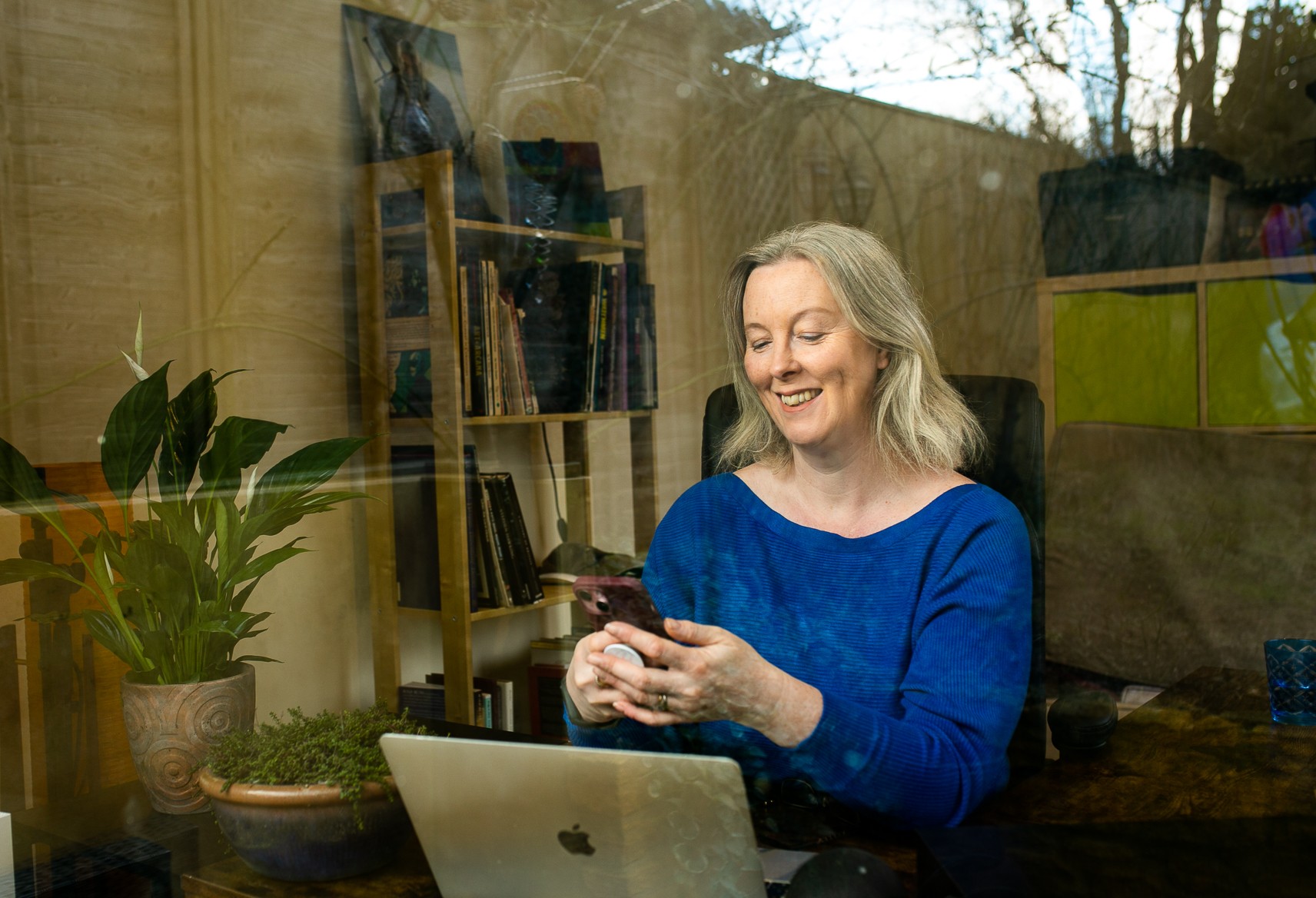
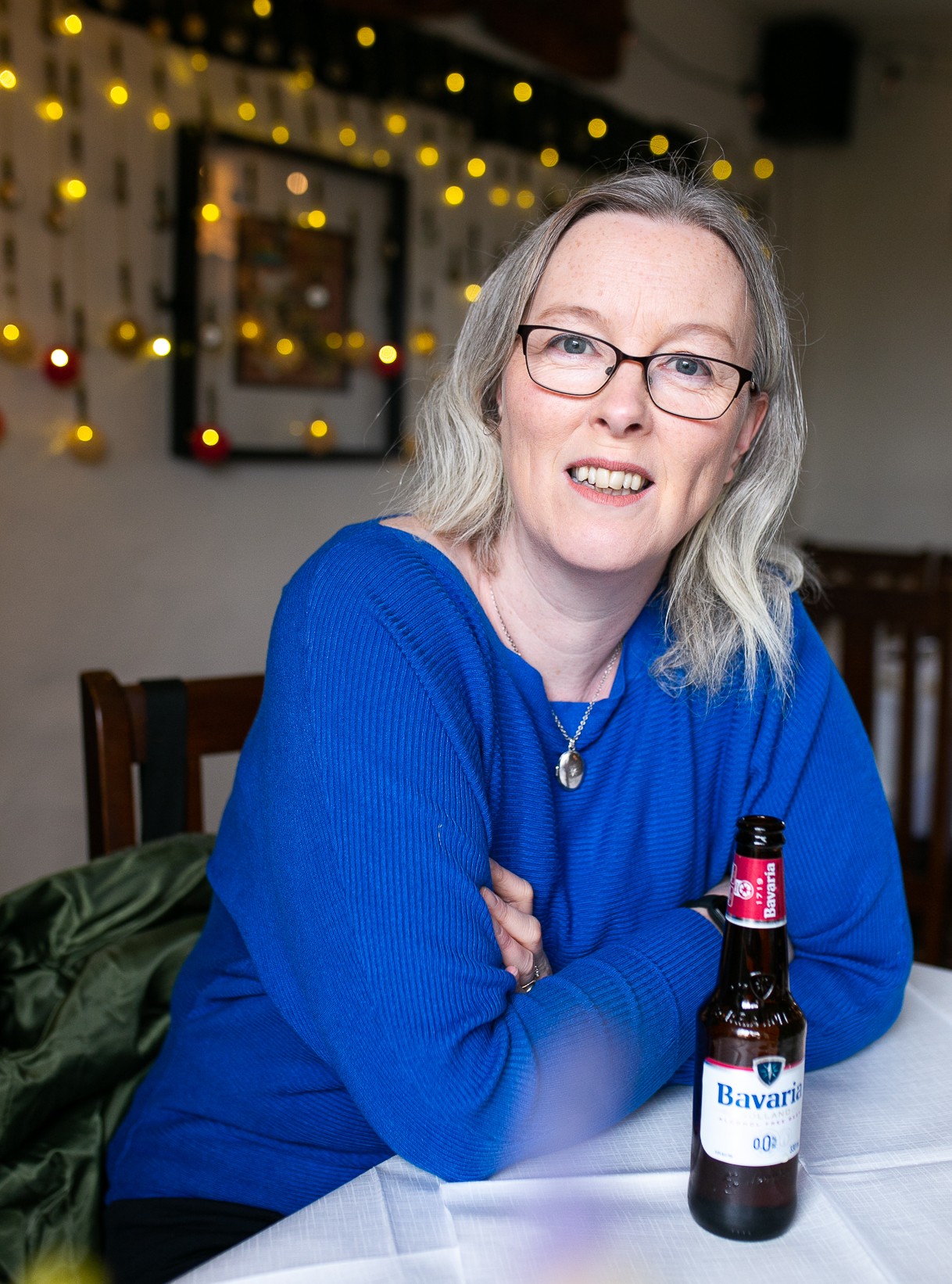
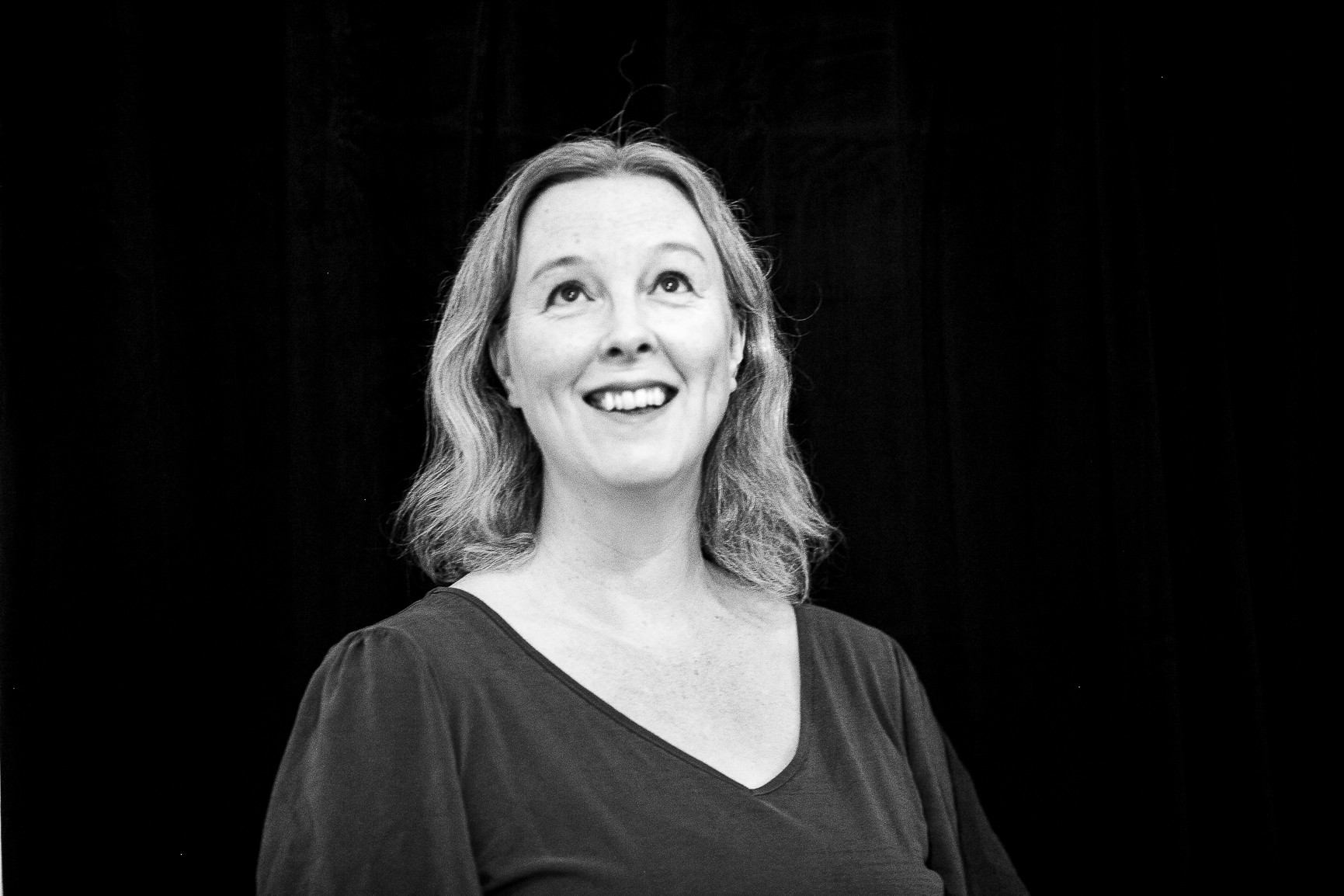
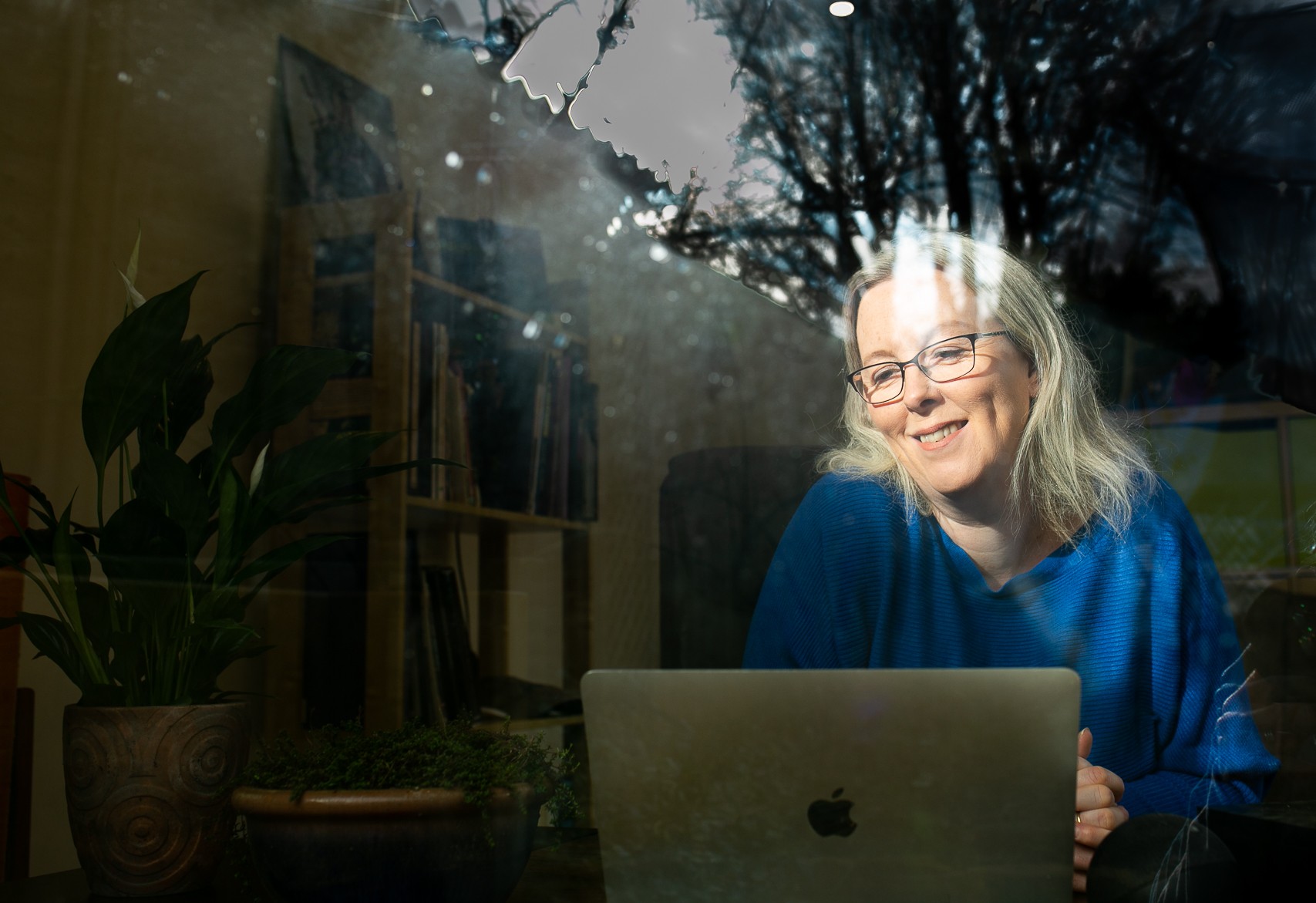
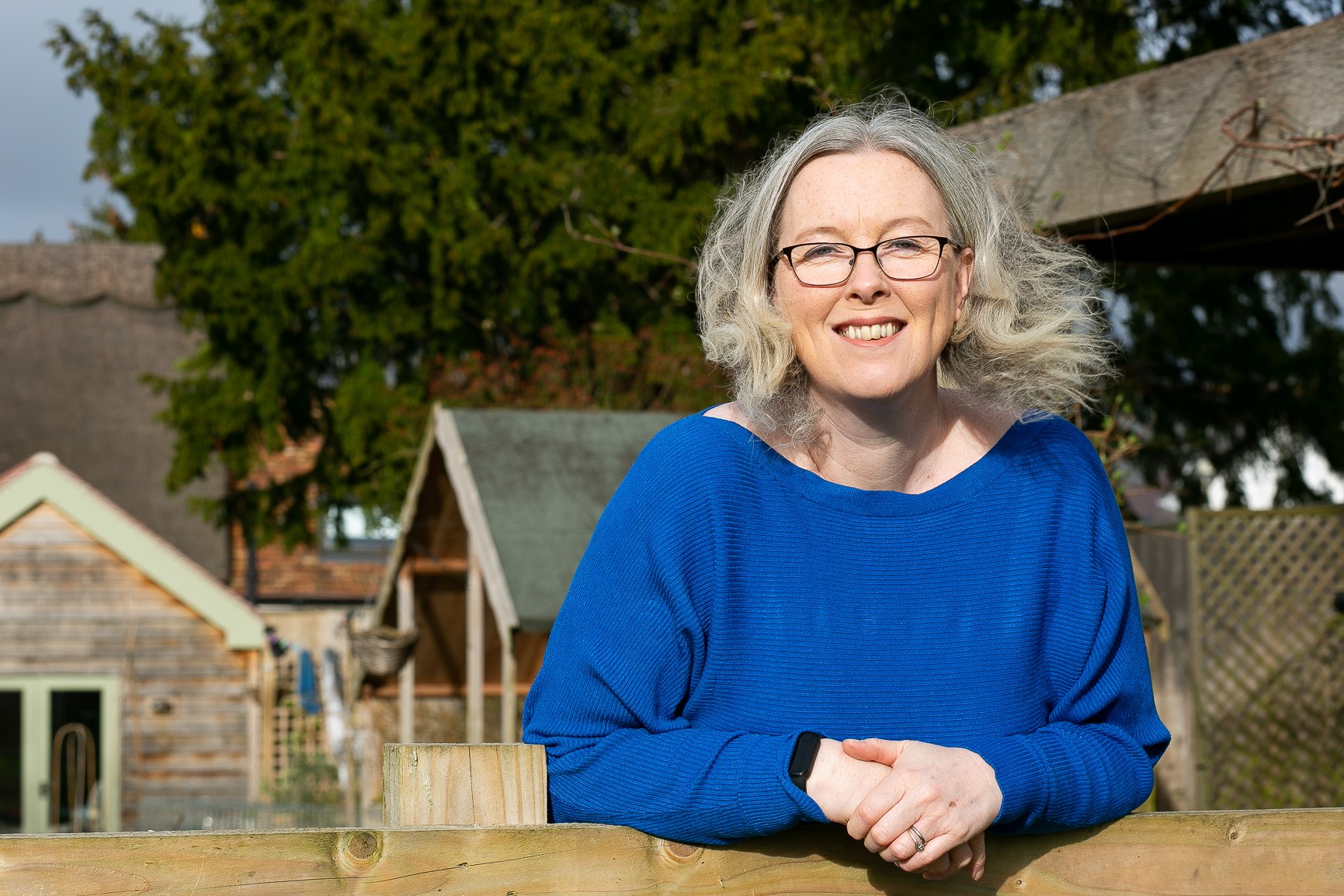
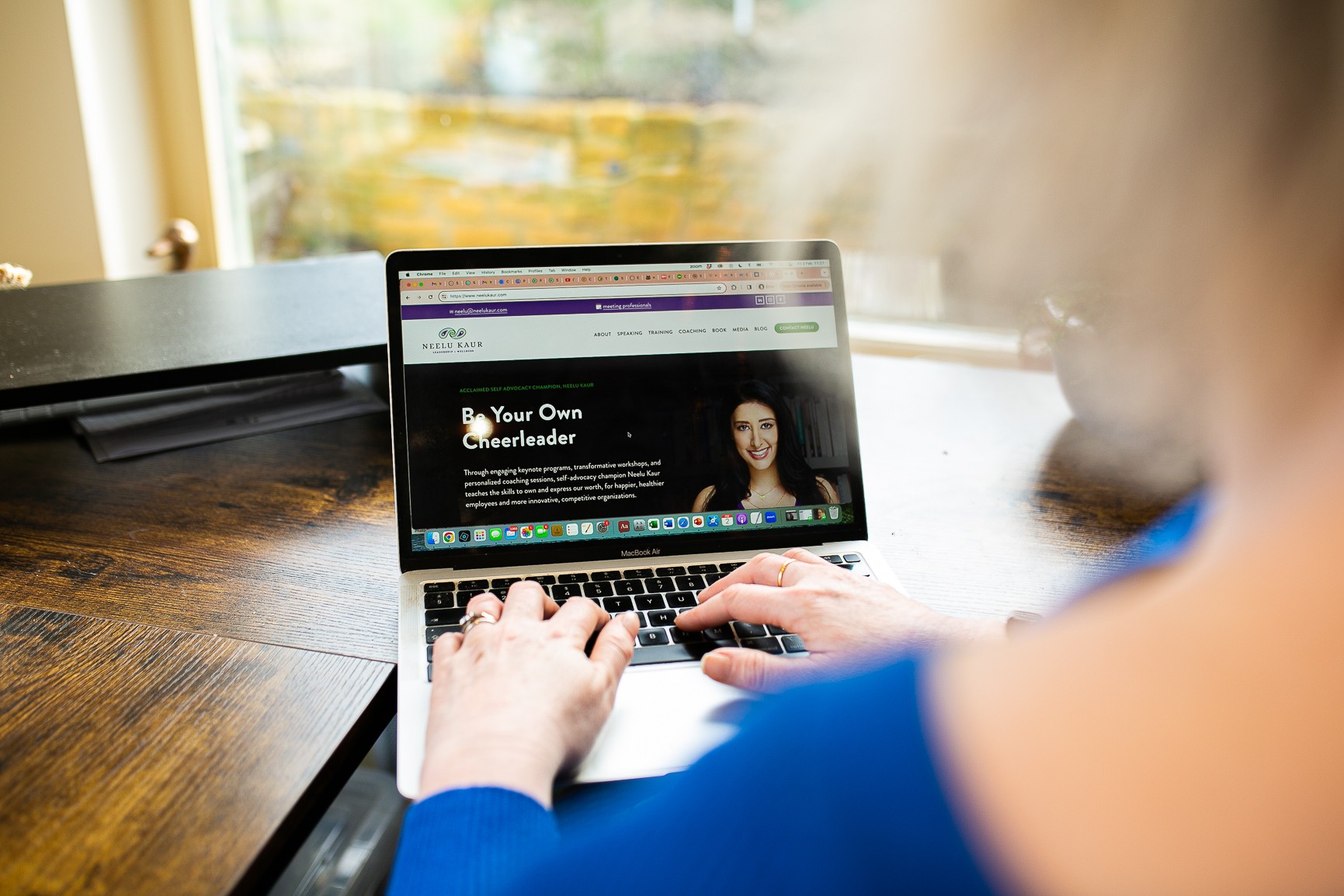
Image Credits
Mel Cunningham

